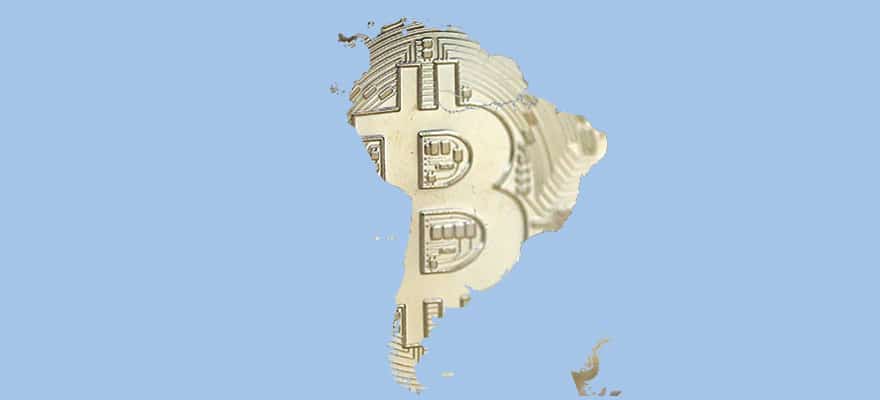Latin American non-profit Blockchain firm Cripto Conserje has partnered with Delaware-headquartered Horizen (formerly ZenCash) to fight the increasing Latin American refugee crisis and help the affected communities.
The two firms are aiming to educate people in crisis about cryptocurrencies by introducing the ZEN token to them. ZEN is a digital coin introduced by Horizen in mid-2017.
Crisis in Venezuela
In the initial phase, the firms are targeting the heavily affected communities in Venezuela. Venezuela is facing a massive economic crisis which has turned into a grave problem in the last few years. The increasing inflation in the country has resulted in its fiat currency becoming a worthless piece of paper.
The crisis is so massive, that thousands of people are starving, and according to a Vox report, one month’s salary of a low-wage employee in the country is barely enough to by a single hot dog sandwich.
This has resulted in a massive influx of refugees from Venezuela to the Columbian border-town of Cucuta. According to reports, over 2.3 million people have fled from Venezuela over the last four years to escape staggering inflation, food, and medicine shortages.
However, the refugees only carry Venezuelan bolivars which are not accepted in Colombia. Moreover, due to the decreasing value of the bolivar, it becomes very difficult to exchange them for Colombian pesos.
“Together we are providing ZEN paper wallets and education to those in need, ensuring they have secure ways to access and control their money no matter where they are and what situation they are in,” the official statement noted. ”We are also onboarding 100 local merchants to begin accepting ZEN as Payments .”
Cripto Conserje has also launched Alpha Project to increase cryptocurrency adoption in Latin America, especially in Cucuta.
Government Introducing Crypto
The Venezuelan government has also turned towards cryptocurrency due to the falling value of its fiat. Earlier this year, the country’s President launched a state-sponsored cryptocurrency called “Petro” which is said to be backed by the country’s rich oil reserves. The move by the government was heavily criticized as the valuation of the digital asset was believed to be highly controlled and the US sanctions on the country barred traders from adopting the coin.

















